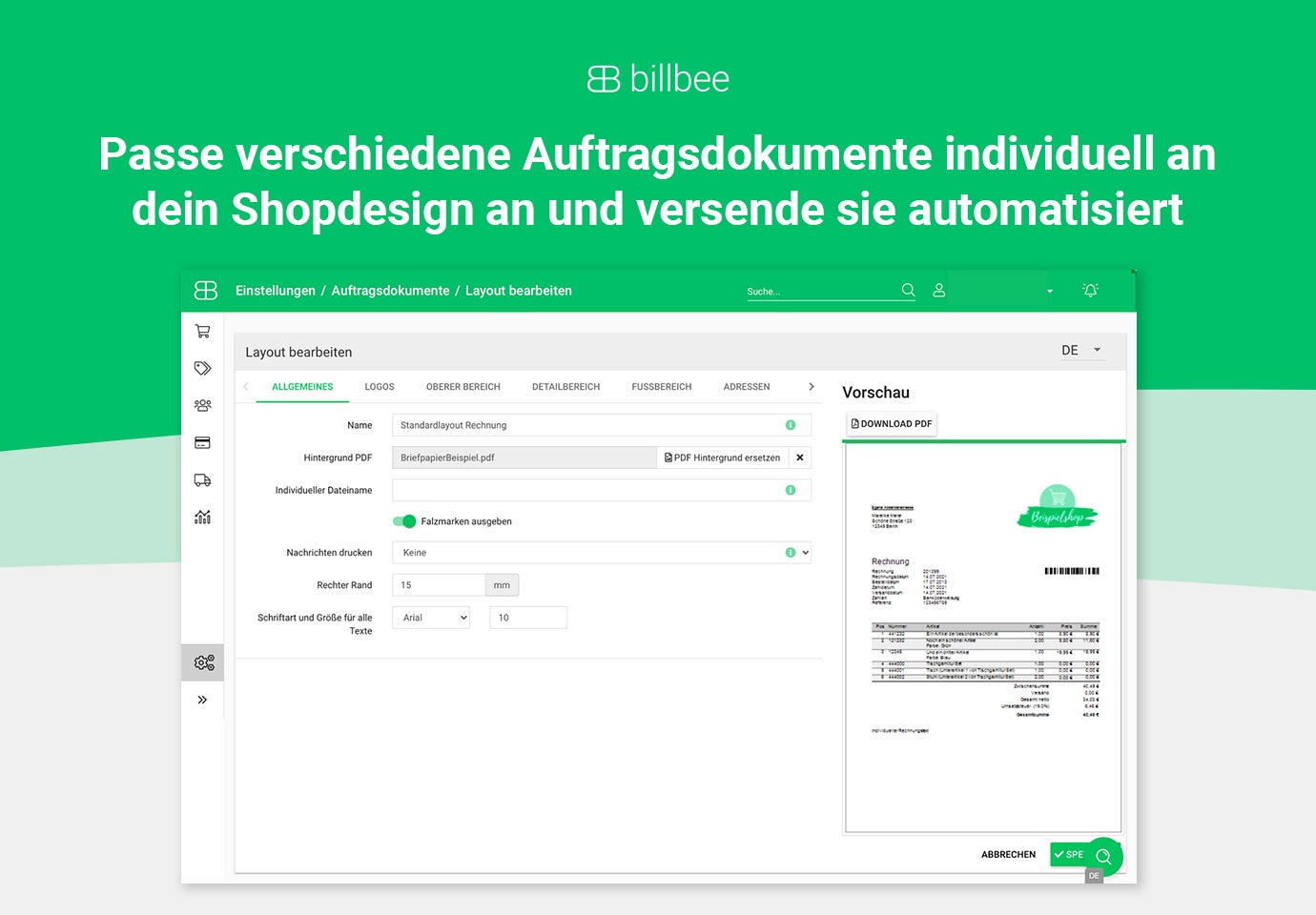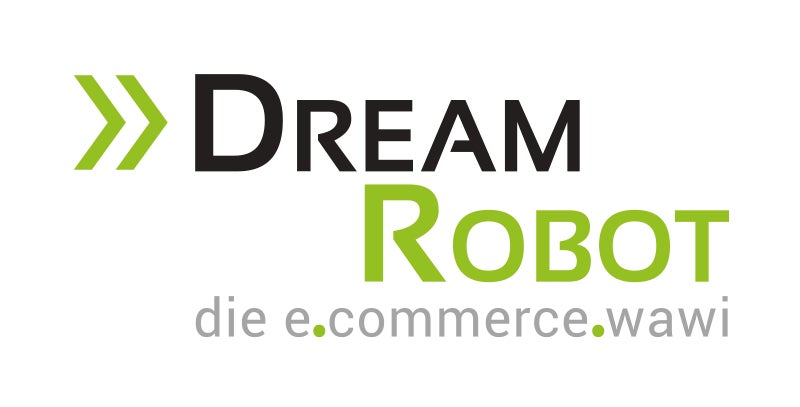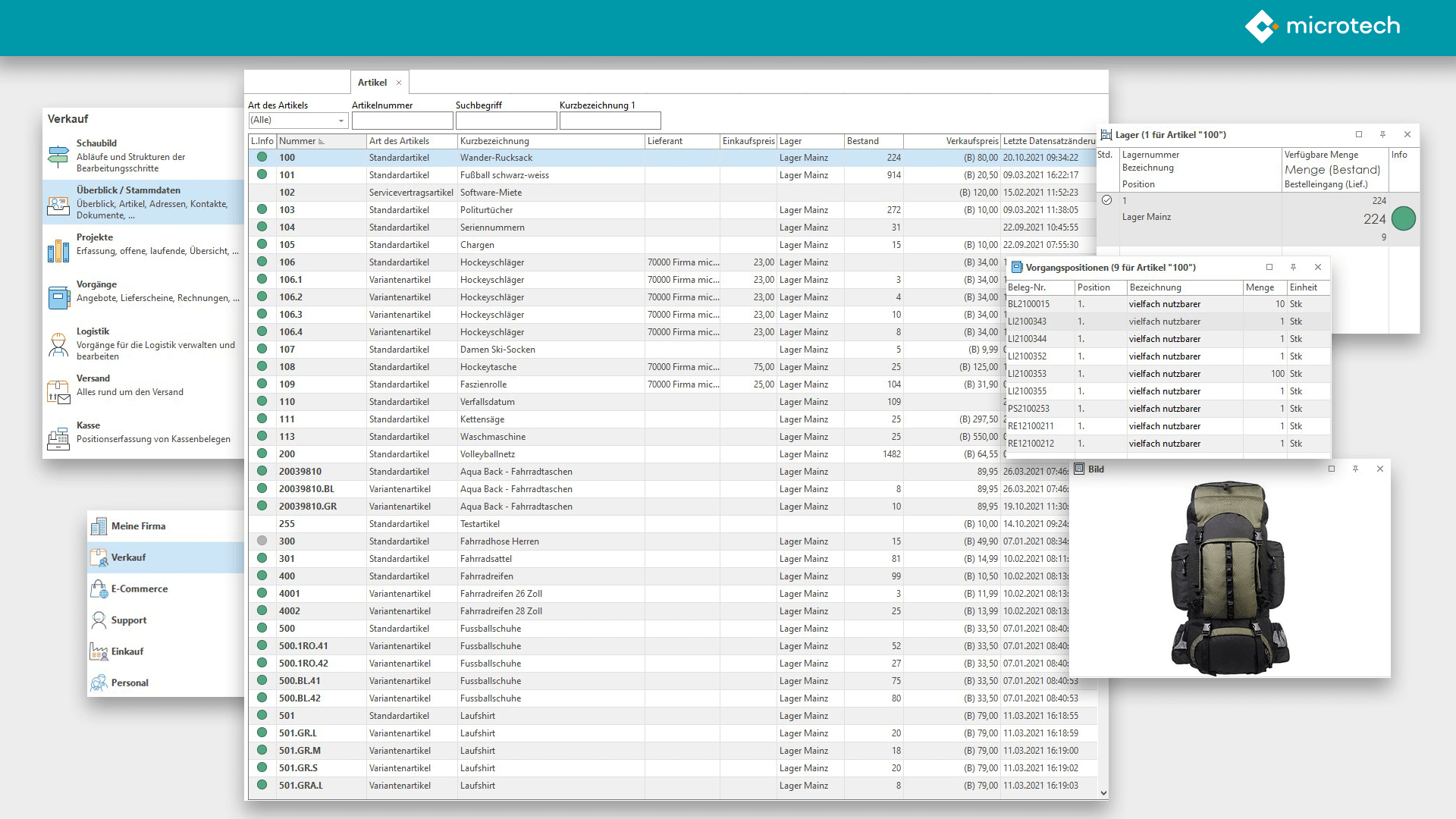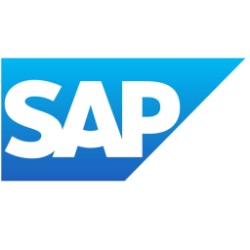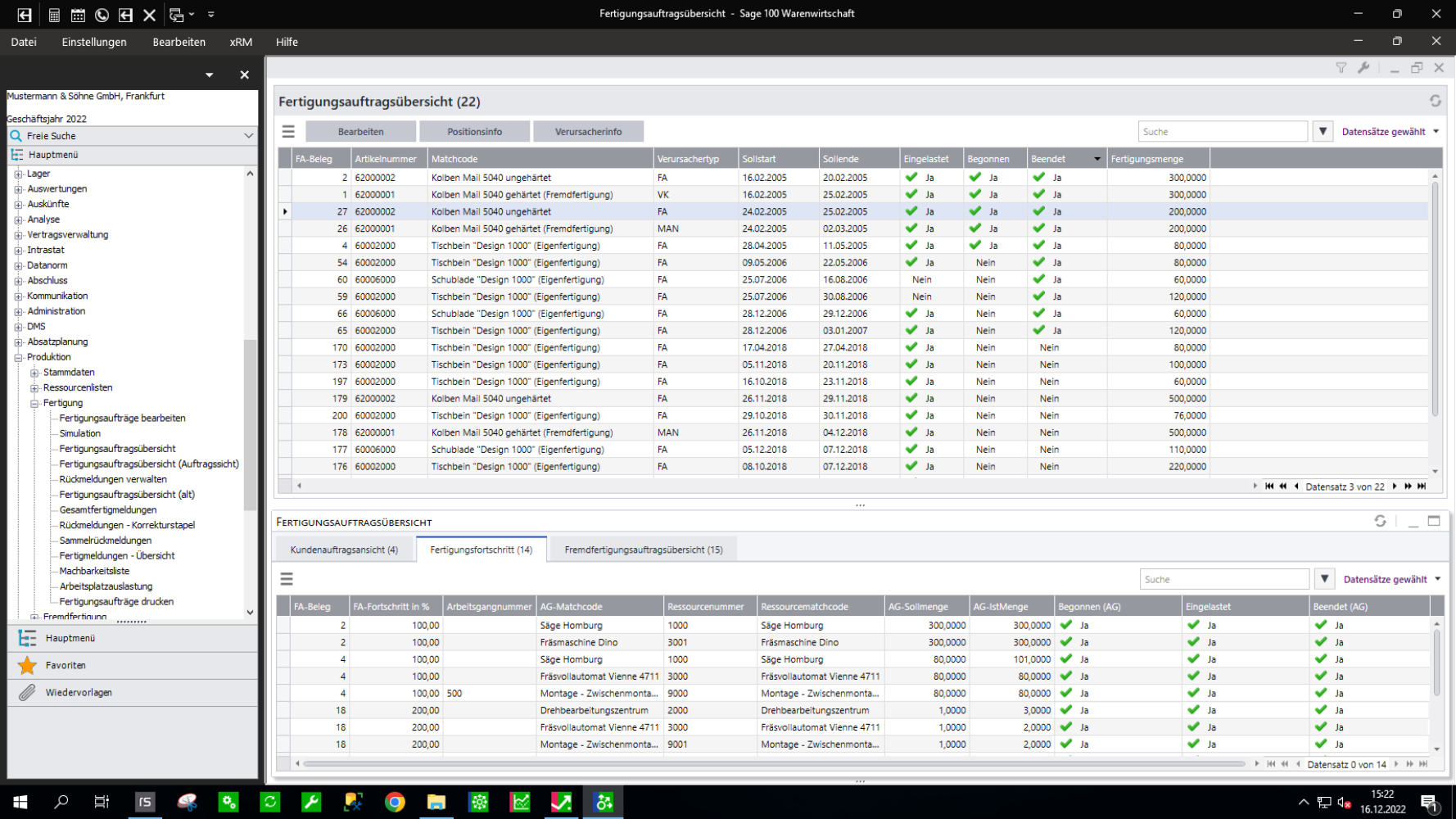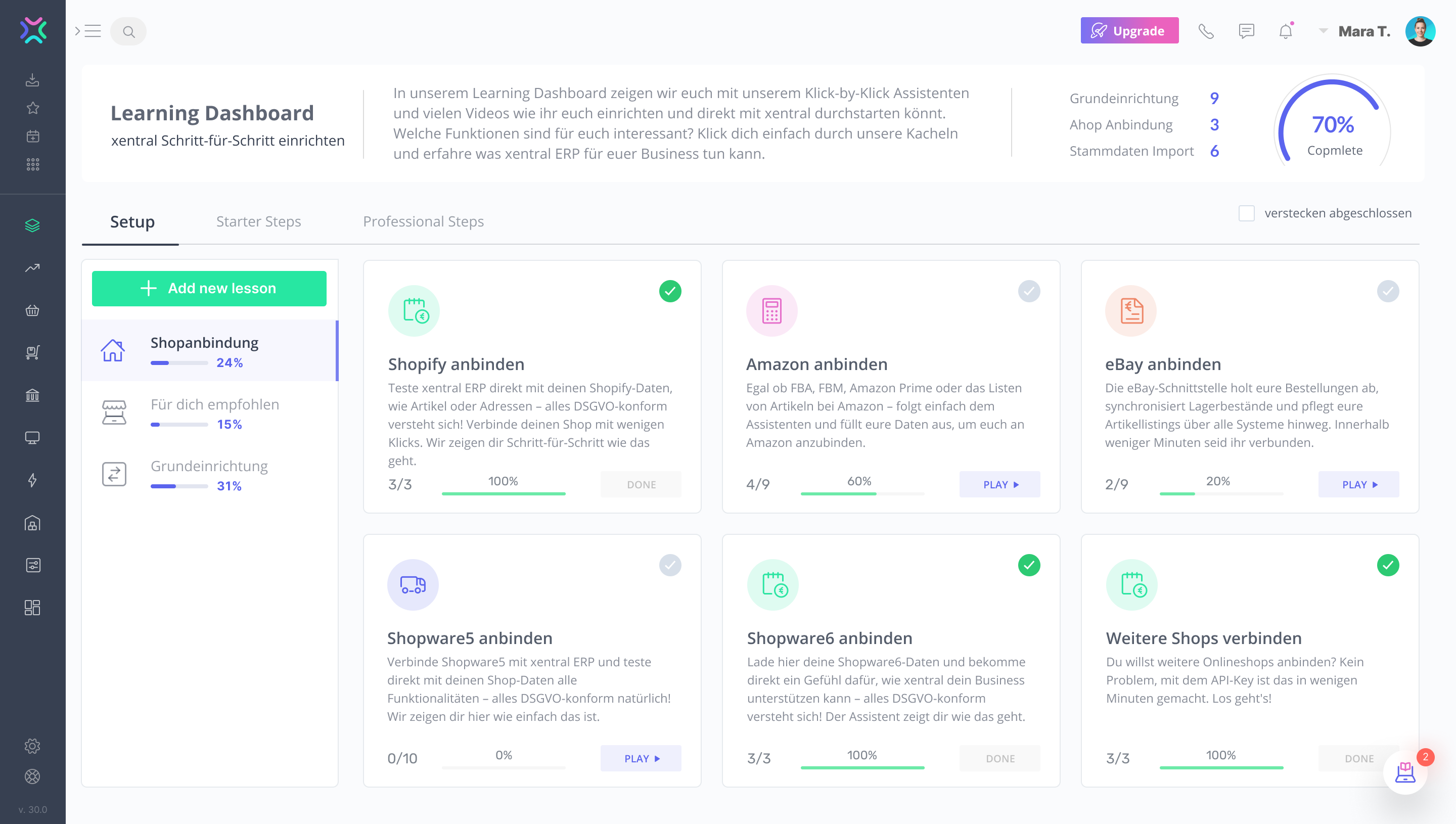The 7 Best ERP Systems for Small Businesses
Katharina Van Hoeylandt1/30/2026
We show you why ERP systems are useful for small businesses and which tools are best suited for this purpose.
Table of contents
- What are ERP systems?
- Why ERP systems are beneficial for small businesses
- How to find the right ERP software for small businesses
- These are the 7 best ERP solutions for small businesses
Big companies = lots of data, small companies = little data? Think again! Regardless of the size of the company we are in: We collect data, create processes and ultimately have to manage them. Classical Excel tables often cannot represent this amount of data properly and increase the risk of errors. Even in small companies, ERP systems have therefore gained increasing importance. Providers of these software solutions have now recognized this and developed accordingly flexible and suitable ERP systems for small businesses.
In this article, we show you which tools for ERP systems you can rely on in small businesses and introduce the 7 best software solutions. In addition, we give you an insight into the world of ERP systems and explain why they can be useful for you.
Recommended ERP-Systeme
On our comparison platform OMR Reviews you can find more recommended ERP systems. We present over 300 solutions that are specially tailored to the needs of small and medium-sized companies, start-ups and large corporations. These ERP systems offer comprehensive support in all business processes. Take this opportunity to compare the various ERP solutions, drawing on authentic and verified user reviews:
What are ERP systems?
Enterprise Resource Planning (short: ERP) generally refers to the resource planning of a company. It mainly aims at optimizing current company needs and an efficiency increase caused by this. As cloud-based software solutions, ERP systems specifically support the structuring and simplification of your business processes. An ERP software helps you to manage, control, monitor and archive your data. And all this happens in one central location, therefore ERP systems usually consist of a large database that is accessed.
Originally, ERP systems were developed in the 1960s for Material Requirements Planning (MRP) and later for planning and controlling of the manufacturing (MRP II). Today, ERP solutions are applicable at any point in your company, from production to controlling to marketing.
Unlike merchandise management systems, ERP systems not only represent merchandise management in the form of simple movements of goods, but focus on the overall resource planning. They thus represent advanced merchandise management systems. In addition, there are other Differences between merchandise management systems and ERP systems, in addition.
Why ERP systems are beneficial for small businesses
As the name already implies, ERP systems were developed for companies in enterprise size. There, the overview of all available resources, data or processes can easily get lost. But not only enterprises and medium-sized companies rely on ERP systems in strategic and operational day-to-day business.
Even for small companies, the use of an ERP system for planning and controlling processes and company resources may become necessary when they reach a certain complexity. In addition, ERP systems for small businesses prove to be particularly advantageous when a lot of data has to be exchanged with other external systems, such as important suppliers or shipping service providers. Therefore, you should rely on scalable ERP software.
How to find the right ERP software for small businesses
The market for ERP systems is huge! In Germany alone, more than 300 different ERP systems are offered. Without the necessary know-how and experience, it is difficult to keep track of which system is best suited.
That's why we have put together a short checklist for you here, with the most important criteria when choosing your ERP system for small businesses:
- Flexibility in adaptation and amount of costs
- Easy implementation of individual modules
- User-friendly interface
- Extensions of the system possible
- Integrations into existing systems
- Compatibility with other systems, e.g. suppliers, customers etc.
These are the 7 best ERP solutions for small businesses
1. Billbee
The cloud-based software Billbee provides a broad range of interfaces with over 100 connections to various marketplaces, shop systems, shipping service providers & Co. The features include order processing with (automatic) creation of order documents, payment matching, shipping processing or also e-mail sending to customers.
According to their own statements, over 10,000 traders use Billbee monthly. Especially for e-commerce beginners with a small budget and manageable application requirements, Billbee is a good choice for small businesses due to its transparent pricing structure and easy to use interface.
Billbee features at a glance
- Order processing
- Item management
- Automatisation of individual workflows and processes
- Adaptation and management of order documents
- Automated reportings and analyses about orders
Billbee costs
The price of Billbee is based exclusively on the number of monthly orders, with all features, interfaces & Co. included. As the number of orders increases, the average price per order decreases significantly. The fees start at 1 € per month. A price example: 5 € / month - 10 orders, 70 € / month - 500 orders, 99 € / month - 1000 orders, 190 € / month - 5000 orders.
Further information about Billbee prices as well as user reviews with price reference, you can find on OMR Reviews.
Billbee alternatives
On OMR Reviews, you can find an overview of Billbee alternatives and can decide on the most suitable ERP system for small businesses with the help of verified user experiences and reviews.
2. DreamRobot
DreamRobot is an e-commerce cloud software. The tool connects the different steps of online trading on one platform and automates different regular processes. The software provides a wide range of marketplaces, shop systems, shipping service providers, tax and finance tools and enables traders to choose an individual sales strategy.
DreamRobot allows the automation of processes such as purchasing, order processing, payment- and inventory balance, label assignment or shipping. Orders and buyer data can be collected automatically by DreamRobot. Also shipping information and payment status can be checked regularly and automatically with the help of the software. The merchandise management of the tool assigns continuous invoice and order numbers for each order. Also, the emails to end customers can be sent automatically via DreamRobot according to individually adjustable workflows and guidelines.
DreamRobot Features at a glance
- Free e-mail support
- Storage on ISO-certified servers in Germany (GDPR-compliant)
- Serial number management
- 1x Shopify®-Connector
- REST-API
- License management
DreamRobot Costs
DreamRobot offers three different price packages. The Basic Package starts at 19.95 € per month and is usable for up to two users. The Professional Package starts at 59.95 € per month and is suitable for small teams of 4 to 8 users. To make full use of the range of functions of DreamRobot, the No-Limit Package is suitable. Here the costs start at 1,499.00 € and is available from 16 users.
Further information about DreamRobot prices as well as user reviews with price reference, you can find on OMR Reviews.
DreamRobot Alternatives
On OMR Reviews, you can find an overview of DreamRobot alternatives and can decide on the most suitable ERP system for small businesses with the help of verified user experiences and reviews.
3. microtech büro+
microtech is an ERP software and supports you with automated business processes. Thanks to the additional modules and functions, the software is also geared to your individual needs. microtech creates connections to online shops and online marketplaces and accelerates logistics and shipping processes.
In addition, with the microtech financial accounting you can get an overview of your company key figures.
microtech büro+ Features at a glance
- API interface
- Data import & data export tools
- Payment scheduling
- Payment processing
- Inventory pricing and costing
- Inventory reporting
- Returns and refunds
- Portfolio mix
microtech büro+ Costs
microtech büro+ offers various price packages that are tailored to your individual needs. For example, there are special packages for production, e-commerce, financial accounting or payroll accounting. The basic module of microtech büro+ starts at 99 € monthly / user / company. All additional modules can be individually requested and booked on the website of microtech büro+.
Further information about microtech büro+ prices as well as user reviews with price reference, you can find on OMR Reviews.
microtech büro+ Alternatives
On OMR Reviews, you can find an overview of microtech büro+ alternatives and can decide on the most suitable ERP system for small businesses with the help of verified user experiences and reviews.
4. weclapp
With weclapp, SMEs can jointly control all important company processes on a cloud ERP platform and benefit from time savings through automated workflows. Whether CRM, inventory management, project management or accounting software: weclapp offers smart solutions for the entire team and is precisely tailored to their needs. Since each team is individual, weclapp can also be flexibly adapted to the different requirements of small businesses through a variety of extensions.
weclapp Features at a glance
- Customer and sales management
- Tracking of sales pitch processes
- Inventory and item management
- Automizations
- Knowledge base
- Campaign management
- Reminders
weclapp Costs
Depending on the term and desired billing period, the prices of the tool vary in three different versions: Cloud CRM (from 39 € per month + user), ERP service (from 49 € per month + user) and ERP trade (from 99 € per month + user). The ERP software weclapp can be tested for free, a corresponding request must be sent via the website.
Further information about weclapp prices as well as user reviews with price reference, you can find on OMR Reviews.
weclapp Alternatives
On OMR Reviews, you can find an overview of weclapp alternatives and can decide on the most suitable ERP system for small businesses with the help of verified user experiences and reviews.
5. SAP Business One
If you don't want to separate from SAP, you can also consider another SAP solution for ERP systems. SAP Business One is, according to its own statements, an ERP software that is supposed to be suitable for small to medium-sized enterprises (SMEs), so that they can link and simplify their work processes. The software with integrated BI is available as on-premise or cloud solution and can be integrated with SAP HANA platform.
SAP Business One Features at a glance
- Accounts receivable accounting
- Accounts payable accounting
- Purchase orders
- Reporting & Analytics
- Custom reports and dashboards
- Integrations
- Accounting
- Payment processing
- Inventory Reporting
SAP Business One Costs
The costs for SAP Business One are composed of the following components: Starter Package User Cloud License, Limited User Cloud License and Professional User Cloud License. The prices here start at 38 € monthly for up to 5 users and a one-time fee of 1140 € for the Starter Package.
Further information about SAP Business One prices as well as user reviews with price reference, you can find on OMR Reviews.
SAP Business One Alternatives
On OMR Reviews, you can find an overview of SAP Business One alternatives and can decide on the most suitable ERP system for small businesses with the help of verified user experiences and reviews.
6. Sage 100
With ERP software Sage 100, Sage GmbH offers a flexible, adaptable, industry-neutral solution for medium-sized and small companies with specific requirements. Here, you can choose between various implementation options as desktop installation or cloud and also access the software mobile.
Features of Sage 100 also include customer management (CRM), e-commerce, project management, accounting & controlling, controlling, sales & billing, purchasing & warehouse, document management and employee management.
Sage 100 Features at a glance
- Customer & supplier management
- Articles, goods & price lists
- Ordering & picking
- DATEV connection
- Controlling & finances
- Balancing & cost accounting
- CAD interface
- BDE
- Graphical resource planning
Sage 100 Costs
Sage 100 offers three different price packages. The costs start for merchandise management at 52 € per month and user. The package for accounting starts at 54 € per month and user. The package with all features for production is available from 84 € monthly and per user.
Further information about Sage 100 prices as well as user reviews with price reference, you can find on OMR Reviews.
Sage 100 Alternatives
On OMR Reviews, you can find an overview of Sage 100 alternatives and can decide on the most suitable ERP system for small businesses with the help of verified user experiences and reviews.
7. Xentral ERP
Xentral ERP is a web-based ERP cloud software, which should support companies in intelligently organizing their own business areas. Users can use functions in the areas of sales, logistics, team & project, product, finance & controlling. Via ‘Xentral interfaces’ the software can be linked with various marketplaces, shops, payment providers or shipping service providers.
Xentral ERP Features at a glance
- Automated accounting
- In-house or outsourced logistics
- Customer Relationship Management
- Project management
- Administration of products, orders, invoices, customer data, credit notes
- Item management
- Multi-shop and marketplace connection
Xentral ERP Costs
Xentral ERP offers two different price packages. The costs for the Growth Package start at 390 € per month and is ideal for start-ups and small businesses. The prices for the Professional Package can be requested via Xentral ERP website. Here, the full range of the tool’s features is available.
Further information about Xentral ERP prices as well as user reviews with price reference, you can find on OMR Reviews.
Xentral ERP Alternatives
On OMR Reviews, you can find an overview of Xentral ERP alternatives and can decide on the most suitable ERP system for small businesses with the help of verified user experiences and reviews.
 Billbee
Billbee DreamRobot
DreamRobot microtech
microtech  weclapp
weclapp SAP Business One
SAP Business One Sage 100
Sage 100 Xentral ERP
Xentral ERP
